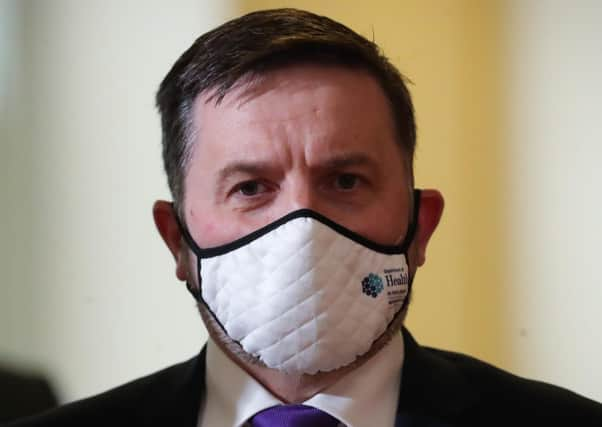Analysis: Coronavirus exacerbated but didn’t cause waiting times crisis


Pressure has been building for at least a decade, with a growing population becoming increasingly elderly and more in need of healthcare each year, while the capacity of the health service has remained largely static.
As far back as Michael McGimpsey’s time as health minister from 2007 to 2011, cracks had already started to appear. Back then, the decision was taken to clear backlogs and hit waiting time targets by spending huge sums of public money sending patients to private sector clinics for their treatment.
Advertisement
Hide AdAdvertisement
Hide AdThis continued through successive health ministers until more austere government spending meant the money for private sector treatment, essentially, ran out.
The public sector has been unable to cope.
For years, medics have been warning that the situation was unsustainable, that the comparitively healthy waiting times could explode.
In 2016 a team of medical experts led by the Spanish physician Professor Rafael Bengoa published a radical plan of action.
The health service should be rebuilt, from the ground up, with a greater emphasis on centralised, specialist care and a separation of emergency treatment from more routine, elective care.
Advertisement
Hide AdAdvertisement
Hide AdThe recommendations put forward by the Bengoa report were not immediately acted upon.
And by November 2019, Northern Ireland’s hospital waiting times had become the longest in Europe.
It was against that background, and amid an unprecedented strike involving frontline workers, Robin Swann took up his post.
In his first official statement as minister, on January 11, he described the situation as an “emergency” and pledged to get to work sorting it out.
Advertisement
Hide AdAdvertisement
Hide AdBut then coronavirus hit Northern Ireland, and hospitals went into what Mr Swann has called “virtual lockdown”.
The thousands already waiting longer than anyone in Europe for care – often in chronic pain – must now wait even longer.